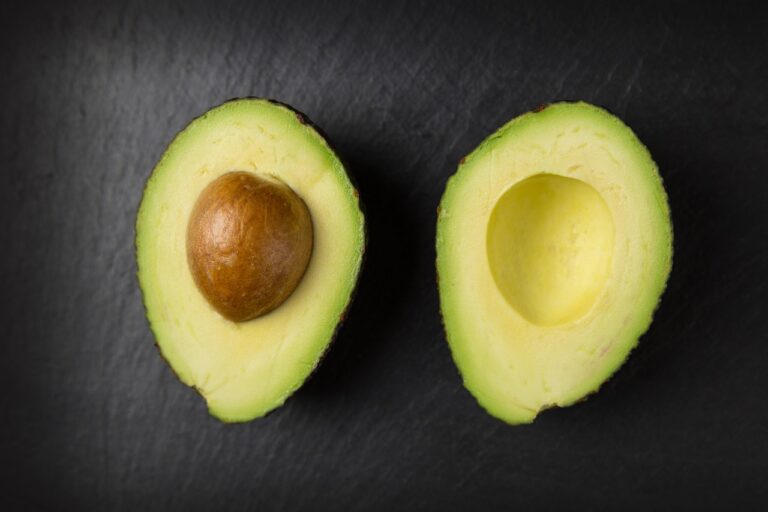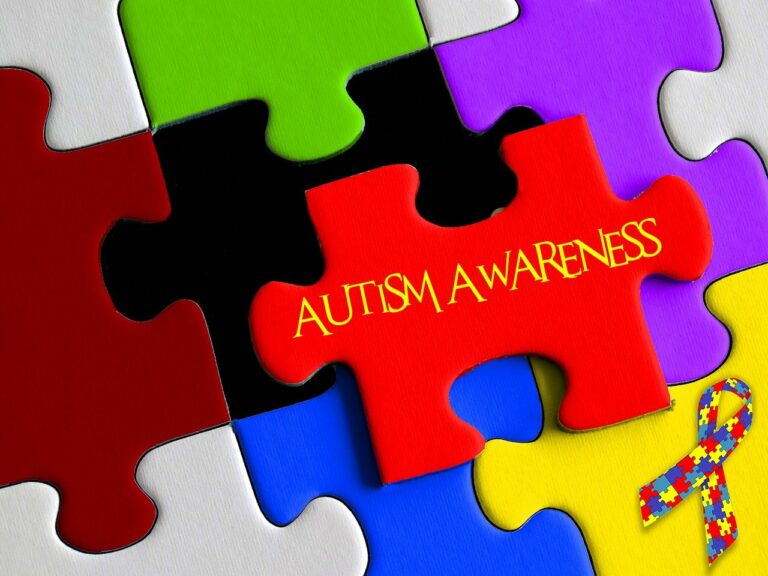The Role of Probiotics in Gut Health
The gut, often referred to as the “second brain,” plays a crucial role in maintaining overall health and well-being. It is home to trillions of microorganisms that form the gut microbiome, a complex ecosystem that influences various bodily functions, including digestion, immune response, and even mood regulation. When the gut microbiome is balanced and diverse, it can contribute to enhanced nutrient absorption, improved immunity, and a reduced risk of chronic diseases.
Conversely, an imbalance in the gut microbiome, known as dysbiosis, can have detrimental effects on health. Factors such as poor dietary choices, stress, medications, and certain illnesses can disrupt the delicate balance of gut bacteria, leading to digestive issues, inflammation, and a weakened immune system. Therefore, nurturing a healthy gut through a balanced diet rich in fiber, fermented foods, and probiotics is essential for promoting optimal health and longevity.
Understanding the Gut Microbiome
The gut microbiome refers to the complex community of microorganisms that reside in our gastrointestinal tract. These microorganisms, including bacteria, viruses, fungi, and archaea, play a crucial role in maintaining our overall health and well-being. The gut microbiome is highly diverse, with the number of microorganisms outnumbering the cells in our body.
The gut microbiome is involved in various essential functions, such as aiding in digestion, synthesizing vitamins, and supporting the immune system. Imbalances in the gut microbiome, known as dysbiosis, have been linked to numerous health conditions, including inflammatory bowel disease, obesity, and even mental health disorders. Research into the gut microbiome has shown that making lifestyle changes, such as incorporating a diverse range of fruits and vegetables into our diet, can help foster a healthy and balanced gut microbiome.
• The gut microbiome is a complex community of microorganisms in our gastrointestinal tract
• Microorganisms include bacteria, viruses, fungi, and archaea
• Plays a crucial role in maintaining overall health and well-being
• Highly diverse with more microorganisms than cells in our body
• Functions of the gut microbiome include aiding in digestion and synthesizing vitamins
• Supports the immune system
• Imbalances (dysbiosis) linked to health conditions like inflammatory bowel disease and obesity
• Research shows lifestyle changes can help foster a healthy gut microbiome
What Are Probiotics?
Probiotics are live microorganisms that are beneficial for your digestive system. They are often referred to as “good bacteria” because they help maintain a healthy balance of gut bacteria. These live bacteria can be found in certain foods, like yogurt, kefir, and fermented vegetables, or in supplement form.
The main function of probiotics is to restore or maintain a balance of healthy gut bacteria, which is essential for good digestion and overall health. They can help improve digestion, boost the immune system, and even enhance the absorption of nutrients from the food we eat. Incorporating probiotics into your diet can be especially beneficial after taking antibiotics, as they can help replenish the good bacteria that may have been killed off by the medication.
What are probiotics?
Probiotics are live bacteria and yeasts that are good for your health, especially your digestive system. They are often referred to as “good” or “friendly” bacteria because they help keep your gut healthy.
How do probiotics work?
Probiotics work by restoring the natural balance of bacteria in your gut. They help to improve digestion, boost your immune system, and may even help with certain gastrointestinal conditions.
Where can I find probiotics?
Probiotics can be found in fermented foods like yogurt, sauerkraut, kimchi, and kefir. They are also available in supplement form, such as capsules, powders, and liquid extracts.
Are probiotics safe to consume?
For most people, probiotics are safe to consume. However, if you have a weakened immune system or are critically ill, it is best to consult with a healthcare professional before taking probiotic supplements.
How long does it take for probiotics to start working?
The time it takes for probiotics to start working can vary from person to person. Some people may notice improvements in their digestion within a few days, while others may take a few weeks to experience the benefits.
Can I take probiotics every day?
Yes, it is safe to take probiotics every day as part of a healthy diet. Some people may benefit from taking probiotic supplements regularly, while others may only need to take them occasionally.







